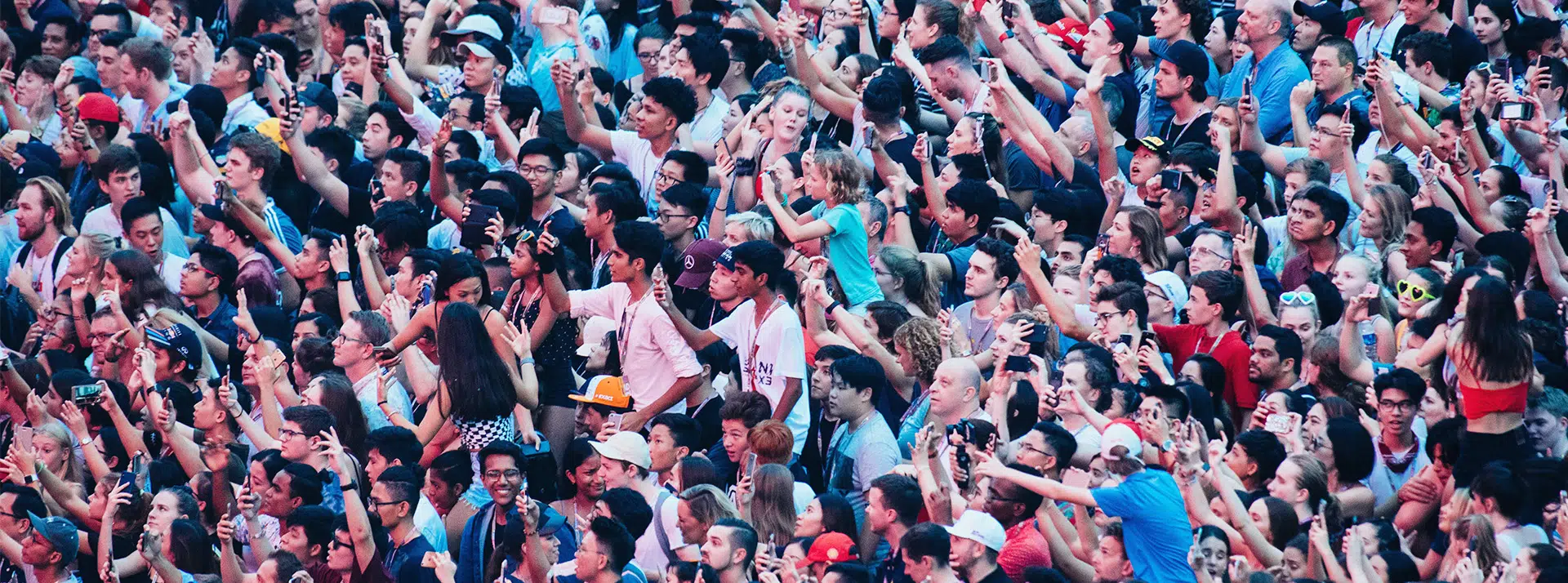
We know that our model of production and consumption based on the extraction of fossil resources is the cause of climate change. What we don’t really know is what kind of living environment would offer us an alternative model. To make it visible and desirable, we need “a new narrative”. A way to say that a society that would respect the planetary limits could offer us a more beautiful life. Realistic but exciting, concrete but desirable and above all collective, this story is a scenaristic and collective challenge. A specialist in storytelling, Valérie Zoydo has joined forces with the French Environment and Energy Management Agency (ADEME) and Bluenove to organize the only writing workshop equal to this challenge: a citizens’ assembly of the imaginary.
Why do so few audiovisual works describe an ecological society? Do we not know how to tell the story of transition?
Valérie Zoydo: What we see is indeed either off the ground or apocalyptic. With ADEME, I conducted a survey on the storytelling of current issues and helped write a book on the subject. The storytellers are not trained, their understanding is conditioned by the press, which is mostly catastrophist. But above all, there is a Racine triangle between scriptwriters, producers and broadcasters: producers do not propose alternative visions because broadcasters are convinced that the public will not like them, while complaining about the lack of novelty! But there is an expectation from the public.
What could these new stories look like?
V.Z: When ecology becomes an end in itself in a story, we get bored. Nature and the respect of living beings must therefore transpire everywhere: in the settings, the psychology of the characters, the plots… We must avoid the dystopia/utopia pitfall. The fear of the first one paralyzes. The hope of the second only convinces the convinced. It is advisable to be at the convergence of the two because a story needs shadow and light. But the most important thing is to interest the public in order to allow an underground pedagogy. It is thus essential to know better its expectations, its hopes and especially to make it participate! This is the goal of the Citizens’ Assembly of Imaginaries: that people can write the story that will mobilize them.
Who will make up this assembly?
V.Z: There will be a thousand members, selected by Bluenove from among the registered volunteers. The goal is to have the most representative group possible. The activities will take place both physically and digitally in order to have people all over France.
What will these activities be?
V.Z: First of all, we want to understand this public. To talk to them, we have to start from where they are, not where we want them to be. So we will probe their relationship to reality, ask them what their major current issues are. Then, we will try to understand their relationship to the imaginary. What are the stories that have marked their collective unconscious? What stories have set them in motion?
And once this X-ray is over?
V.Z: We will move into a training phase inspired by the methods of the Commission Nationale du Débat Public. Scientists and scriptwriters will intervene to give the necessary tools to understand the current issues and train them in storytelling. At this stage, we will be joined by eight scriptwriters who will benefit from this essential training in writing.
What will the members have to produce?
V.Z: The stories that don’t exist yet and that they would like to tell in favor of a society compatible with living beings! I don’t want to influence them too much, nor limit the field of possibilities. These stories can be in any form: series, film, short format, video game…
Each member of the assembly will write a micro-fiction. They will be analyzed by Bluenove to see if themes or semantic fields emerge. The scriptwriters will read them to transform them into several presynopses that will be presented to the assembly, which will be able to amend them. Then, the members, the scriptwriters and our partners will vote for the presynopsis that will be developed in act 2.
➔ Read the full interview (in French) on ADN
